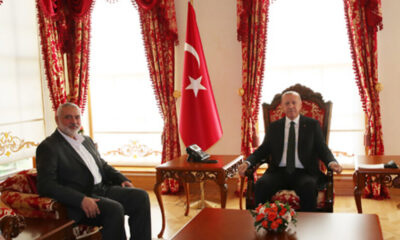Business
No relief yet for Pakistan as FATF keeps it on global grey list

The Financial Action Task Force (FATF) on Friday announced it would keep Pakistan on the grey list until at least February next year.
Speaking at a virtual press conference in Paris on Friday the anti-money laundering/terror financing watchdog’s president Marcus Pleyer said there were still conditions Pakistan needs to comply with before they can be removed from the grey list.
“Pakistan must comply with the remaining six items, then the FATF will send its onsite team to verify progress on the ground. After completion of this process, the FATF will consider Pakistan to be excluded from the list of jurisdictions with increased risk of terror financing that is called the grey list.”
Pleyer said although Pakistan has made progress in terms of carrying out reforms and implemented measures such as imposing sanctions against those financing terrorism, more still needed to be done.
The FATF plenary removed Iceland and Magnolia from the grey list. North Korea and Iran will remain on the blacklist.
Meanwhile, Pakistan’s Federal Minister for Industries Hammad Azhar said on Twitter: “FATF acknowledges that any blacklisting is off the table now. Pak has achieved impressive progress on its FATF action plan. 21 out of 27 action items now stand cleared. Remaining 6 rated as partially complete. Within a year, we progressed from 5/27 to 21/27 completed items.”
According to a statement issued by FATF Pakistan’s continued political commitment has led to progress in a number of areas including taking action to identify and sanction illegal MVTS, implementing cross-border currency and controls, improving international cooperation in terrorist financing cases and applying sanctions where necessary, among others.
The statement noted that Pakistan should continue to work on implementing its action plan to address its strategic deficiencies.
One area FATF said Pakistan needs to work on is to demonstrate effective implementation of targeted financial sanctions against all 1,267 and 1,373 designated terrorists and those acting for or on their behalf.
However, the FATF said it “takes note of the significant progress made on a number of action plan items. To date, Pakistan has made progress across all action plan items and has now largely addressed 21 of the 27 action items. As all action plan deadlines have expired, the FATF strongly urges Pakistan to swiftly complete its full action plan by February 2021.”
Business
Export volume totals over $140 million in last month of 1402
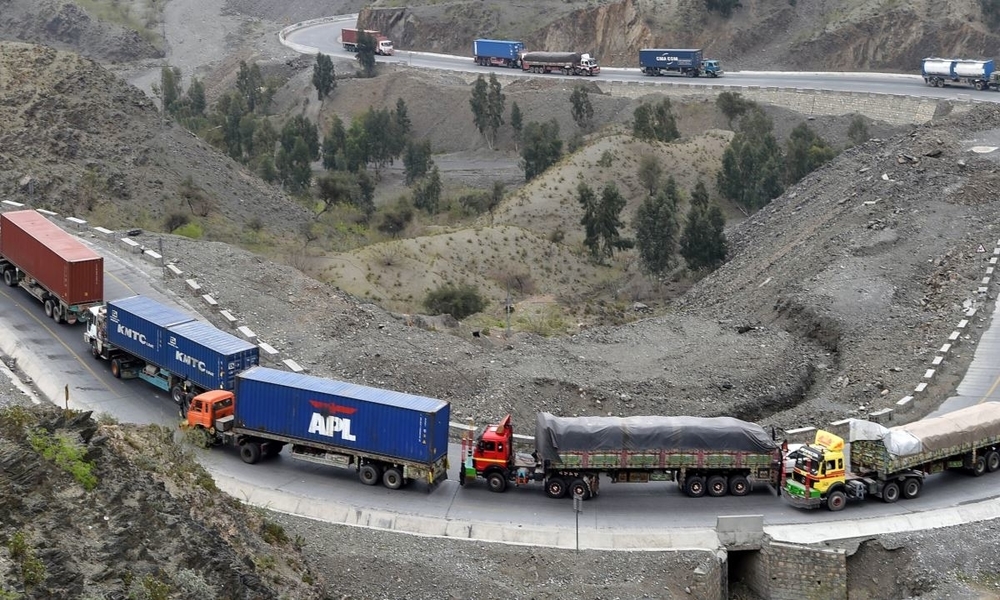
The National Statistics and Information Authority (NSIA) confirmed Tuesday that in the last month of solar year 1402, (March 2024) Afghanistan’s exports totaled $141.1 million and imports totaled $789.6 million.
This was down from $174 million for exports in the same period in 1401. However, imports increased by $99.2 million in 1402, up from $690.4 million.
Most exports in the last month of 1402 went to Pakistan, India and the United Arab Emirates, while in the last month of 1401 exports went to Pakistan, India and China.
Business
Afghanistan-Kazakhstan chamber of commerce opens in Herat
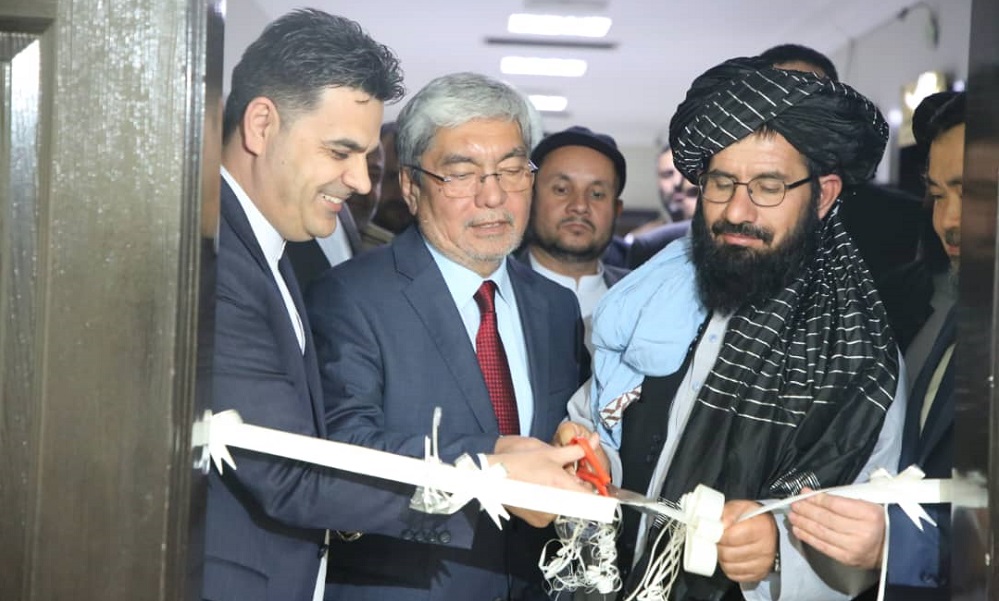
The Ministry of Interior said the governor of Herat province Islam Jar met with Alim Khan Yasin Gildaye, Ambassador of Kazakhstan to Afghanistan, to discuss various issues around trade.
According to the ministry, the two sides discussed the expansion of trade facilities, increasing the volume of trade exchanges between traders of the two countries, reducing customs tariffs, solving the challenges of traders and issuing visas to them.
The Afghanistan-Kazakhstan Chamber of Commerce has been opened in Herat in order to facilitate and increase trade between the two countries.
Business
Afghanistan reaches self-sufficiency in production of 133 items: MoIC
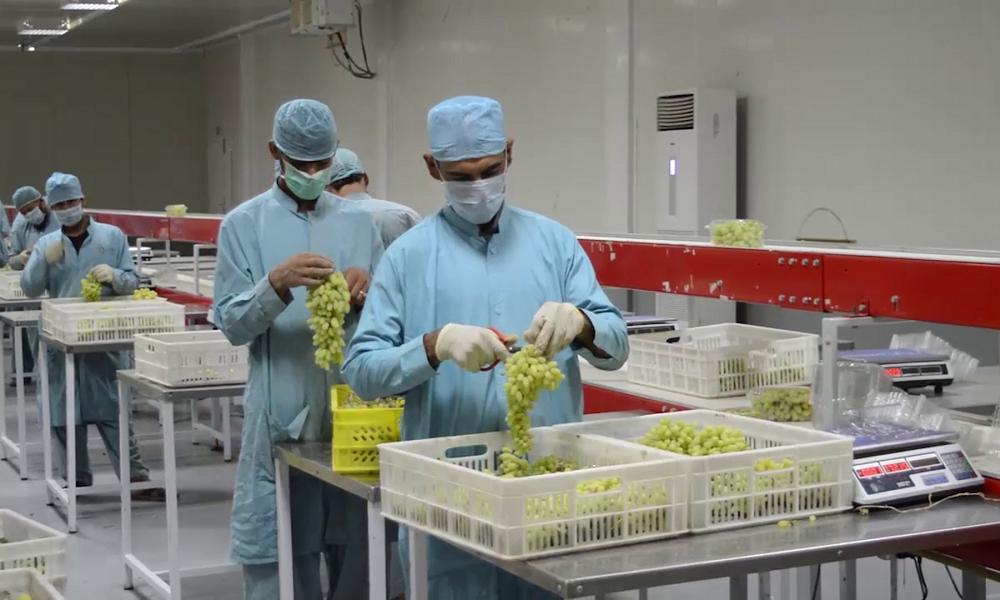
The Ministry of Industry and Commerce (MoIC) says Afghanistan has reached self-sufficiency in 45 sectors and the production of 133 items, and that the ministry is striving to change Afghanistan from an importing country to an exporting one.
The ministry officials said that for this purpose, supporting domestic products and attracting investment is essential.
The ministry’s spokesman Abdul Salam Jawad Akhundzada emphasized increasing the use of domestic goods and products in government and national projects and added that efforts have also begun to find a market for domestic products inside and outside the country.
“We have reached self-sufficiency in 133 items of production, which is 45 sectors, and also we reached the capacity of semi-self-sufficiency in 95 items of production, which is 27 sectors,” he said.
Meanwhile, the Chamber of Industries and Mines (ACIM) says over the past two and a half years, more attention has been paid to the development of domestic production and it is also expanding.
The chamber officials stressed expanding the culture of using domestic products in government projects.
“I think that the government is one of the biggest consumers in the market if it uses domestic products in all its development projects,” said Abdul Nasir Rashtia, a member of ACIM.
Economic experts also said that if the use of domestic products in government projects increases, Afghanistan will quickly move towards economic independence.
-

 Sport4 days ago
Sport4 days agoACL draw to be broadcast live on ATN channels
-
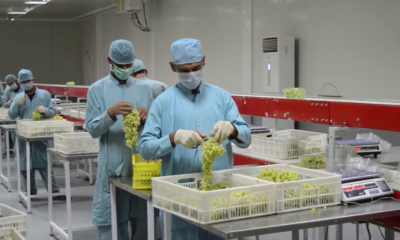
 Business5 days ago
Business5 days agoAfghanistan reaches self-sufficiency in production of 133 items: MoIC
-

 Regional4 days ago
Regional4 days agoIRGC chief warns of harsher response if Israel attacks Iran
-

 Health5 days ago
Health5 days agoMajority of Afghans with mental disorders are women: officials
-

 World5 days ago
World5 days agoOne killed, 10 injured in cable car accident in southern Turkey
-

 Regional4 days ago
Regional4 days agoIran launches retaliatory attack on Israel with hundreds of drones, missiles
-

 Sport3 days ago
Sport3 days agoACL fever grows as fixtures finalized
-
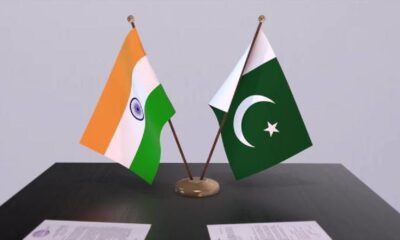
 Latest News4 days ago
Latest News4 days agoContact group on Afghanistan hits roadblock over Pakistan’s gripe with India




